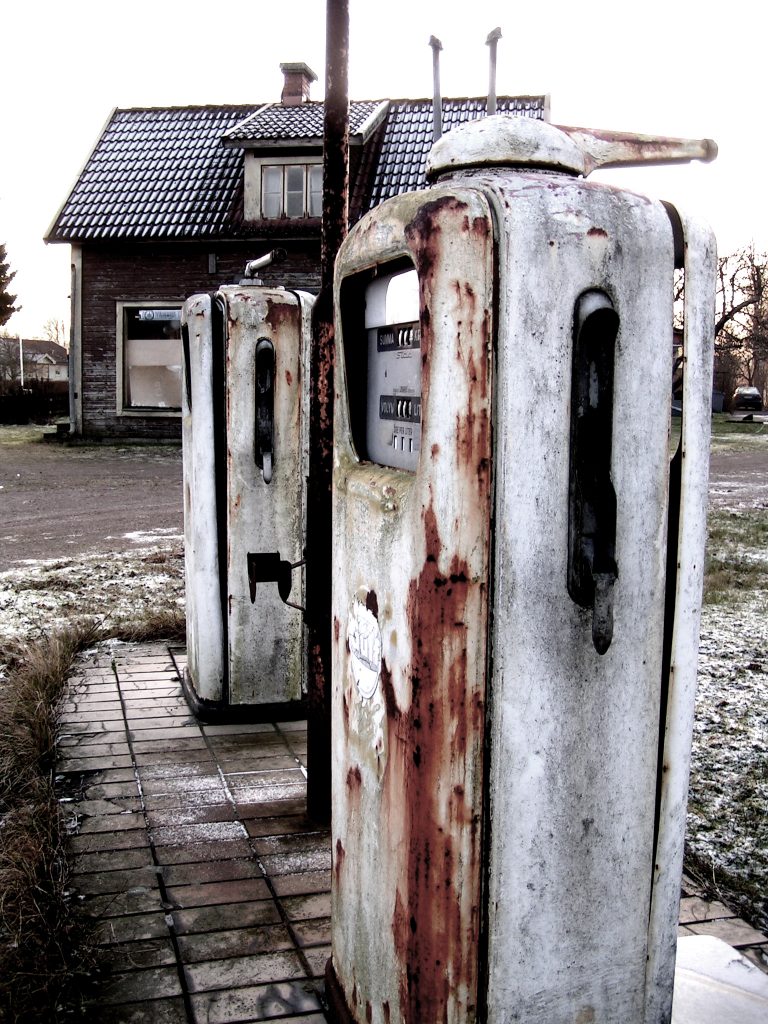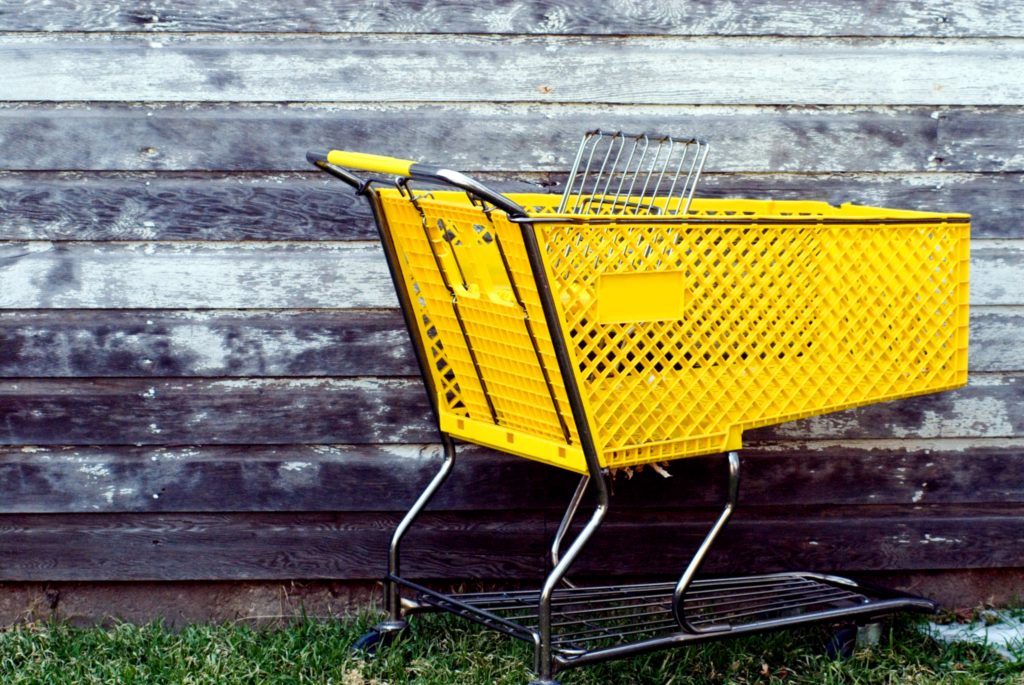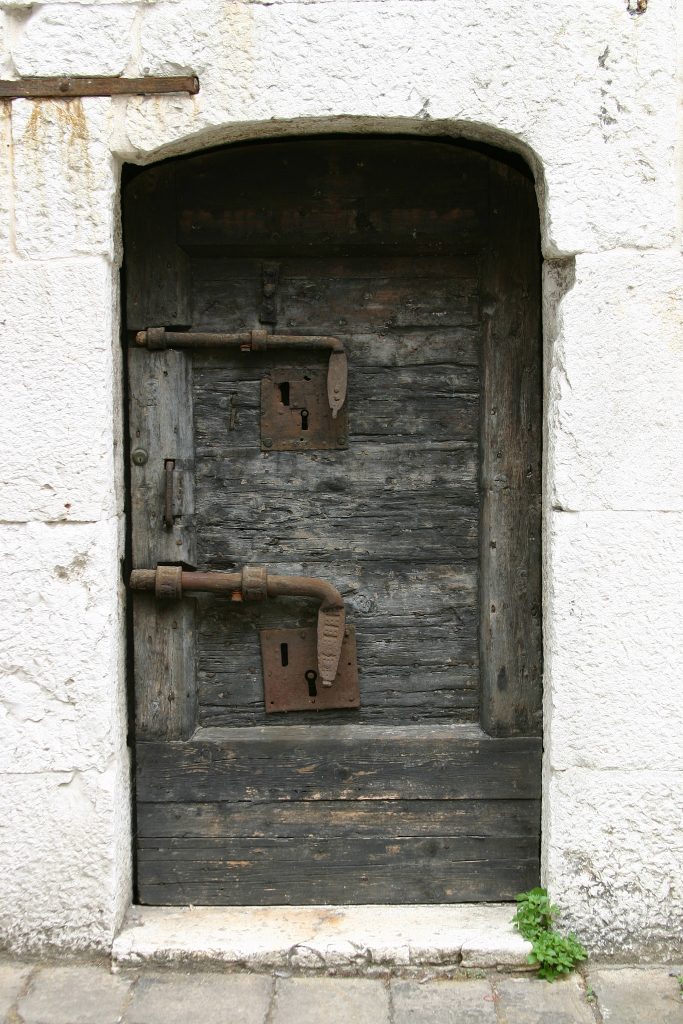 While running errands all day, to the cleaners and the grocery store, the last thing on one’s mind is getting hurt along the way. Proving fault for an injury can sometimes be more of a pain than the injury itself. Collecting evidence like pictures or eye witness reports is the last thing you want to do after suffering a fall, but to prove your case in court, it is necessary. Failure to do so can result in not only the pain from your injury but also the bill.
While running errands all day, to the cleaners and the grocery store, the last thing on one’s mind is getting hurt along the way. Proving fault for an injury can sometimes be more of a pain than the injury itself. Collecting evidence like pictures or eye witness reports is the last thing you want to do after suffering a fall, but to prove your case in court, it is necessary. Failure to do so can result in not only the pain from your injury but also the bill.
In Kenner, Louisiana, Mary Upton went to get groceries with her husband. She entered Rouse’s grocery store after seeing an advertisement for the sale of watermelons. She walked around the display to find a good watermelon. As she stepped over to pick one up, she unknowingly placed her foot into the pallet openings under the box. She turned to show her husband the watermelon she had picked, but he told her he did not want that watermelon. Mrs. Upton turned back to return the watermelon to the box and as she stepped away from the display, she twisted her foot within the pallet and fell.
Mrs. Upton sued for damages of her injury. Rouse’s, along with their insurer Liberty Mutual, motioned for summary judgment on the basis that Mrs. Upton did not meet her burden of proof or provide any evidence that the grocery store acted without reasonable care. The trial court granted the motion and Mrs. Upton appealed. The Court of Appeal affirmed the summary judgment, effectively ending Mrs. Upton’s case.
 Louisiana Personal Injury Lawyer Blog
Louisiana Personal Injury Lawyer Blog


 Selling a home can be a stressful time with many issues to consider. You want to make sure you are getting a fair price and that the home appeals to potential buyers. One aspect you might overlook is potential liability for injuries that occur when potential buyers tour your home.
Selling a home can be a stressful time with many issues to consider. You want to make sure you are getting a fair price and that the home appeals to potential buyers. One aspect you might overlook is potential liability for injuries that occur when potential buyers tour your home.  Under Louisiana law, store owners can be held liable for damages if a customer is injured by an unsafe condition while visiting the premises. In November, 2011, Henry Moore, Jr. visited the Murphy Oil gas station and convenience store in Hammond, Louisiana. After making his purchases at the store’s counter, Moore started back toward his car when his foot came in contact with a black plastic pallet supporting a display of bottled water. Moore tripped and stumbled, but didn’t fall to the ground. He then reported the incident to manager on duty. After the incident, when Moore began to suffer back pain, Murphy Oil agreed to pay for Moore’s medical treatment. When Murphy Oil stopped paying for Moore’s treatment after approximately four months, Moore filed a lawsuit for damages, alleging that the water display created an unreasonably dangerous condition.
Under Louisiana law, store owners can be held liable for damages if a customer is injured by an unsafe condition while visiting the premises. In November, 2011, Henry Moore, Jr. visited the Murphy Oil gas station and convenience store in Hammond, Louisiana. After making his purchases at the store’s counter, Moore started back toward his car when his foot came in contact with a black plastic pallet supporting a display of bottled water. Moore tripped and stumbled, but didn’t fall to the ground. He then reported the incident to manager on duty. After the incident, when Moore began to suffer back pain, Murphy Oil agreed to pay for Moore’s medical treatment. When Murphy Oil stopped paying for Moore’s treatment after approximately four months, Moore filed a lawsuit for damages, alleging that the water display created an unreasonably dangerous condition.  Determining liability when someone is injured on someone else’s property is a complex endeavor. One of the major factors is determining whether the injury resulted from an unreasonably dangerous condition.
Determining liability when someone is injured on someone else’s property is a complex endeavor. One of the major factors is determining whether the injury resulted from an unreasonably dangerous condition.  Generally, individuals expect that when on the premises of a public entity, the land has been safely maintained and there is a low risk of becoming injured. If an individual did become injured, he or she would expect to be reasonably compensated for any injuries. However, in Louisiana, premises liability law differs from the law that is applied when suing a private landowner. As this case shows, establishing that a defect causes an unreasonable risk of harm is a difficult obstacle to overcome when suing a public entity and can leave injured parties with no compensation for their injuries.
Generally, individuals expect that when on the premises of a public entity, the land has been safely maintained and there is a low risk of becoming injured. If an individual did become injured, he or she would expect to be reasonably compensated for any injuries. However, in Louisiana, premises liability law differs from the law that is applied when suing a private landowner. As this case shows, establishing that a defect causes an unreasonable risk of harm is a difficult obstacle to overcome when suing a public entity and can leave injured parties with no compensation for their injuries. Rain and a slick, tiled entryway are typically a bad combination. A recent Louisiana slip and fall case involved this exact scenario.
Rain and a slick, tiled entryway are typically a bad combination. A recent Louisiana slip and fall case involved this exact scenario. Leasing agreements often are complex and lengthy, especially in a commercial context. A common provision contained in most leasing agreements is an indemnity provision. An indemnity provision is a section in a leasing agreement that requires the leasee (the person who leases the property) to take responsibility for certain lawsuits involving the leased property. A recent decision from the Second Circuit Court of Appeal for Louisiana illustrates the power of an indemnity provision.
Leasing agreements often are complex and lengthy, especially in a commercial context. A common provision contained in most leasing agreements is an indemnity provision. An indemnity provision is a section in a leasing agreement that requires the leasee (the person who leases the property) to take responsibility for certain lawsuits involving the leased property. A recent decision from the Second Circuit Court of Appeal for Louisiana illustrates the power of an indemnity provision. Owning a business can be a daunting task and often times requires the assistance of outside contractors to complete various maintenance items and to aid in the upkeep of the premises. However, many merchants and customers fail to realize that the merchant may be liable for the actions of a subcontractor. Just how liable was the subject of a recent lawsuit out of New Iberia.
Owning a business can be a daunting task and often times requires the assistance of outside contractors to complete various maintenance items and to aid in the upkeep of the premises. However, many merchants and customers fail to realize that the merchant may be liable for the actions of a subcontractor. Just how liable was the subject of a recent lawsuit out of New Iberia.  Law abiding citizen or not, people expect local governments to keep them safe, especially from dangerous conditions on public property. But, just how much responsibility do local governments have in keeping public grounds safe? This question was recently answered in a case coming out of Lafayette Parish.
Law abiding citizen or not, people expect local governments to keep them safe, especially from dangerous conditions on public property. But, just how much responsibility do local governments have in keeping public grounds safe? This question was recently answered in a case coming out of Lafayette Parish. There really can be several hazards in a grocery store: rogue carts, other shoppers, scattered merchandise, to name a few. Even more common is the infamous puddle of water. Inevitably in a store full of liquids, patrons can slip and fall in a neglected puddle. But when should the grocery store (or any merchant) be required to compensate a patron for injuries sustained in a slip and fall case? This was the subject of a recent case out of Marrero, Louisiana.
There really can be several hazards in a grocery store: rogue carts, other shoppers, scattered merchandise, to name a few. Even more common is the infamous puddle of water. Inevitably in a store full of liquids, patrons can slip and fall in a neglected puddle. But when should the grocery store (or any merchant) be required to compensate a patron for injuries sustained in a slip and fall case? This was the subject of a recent case out of Marrero, Louisiana.